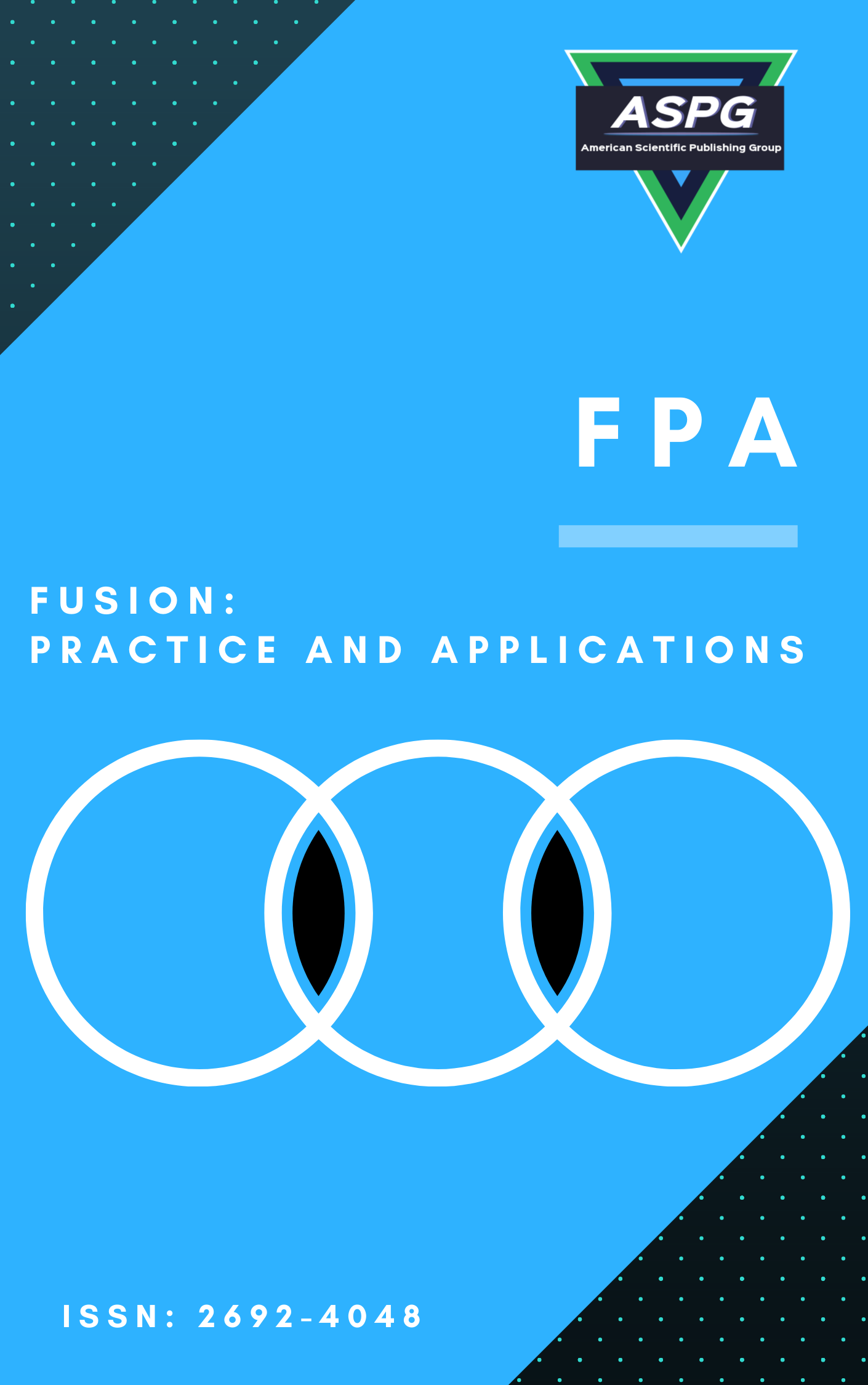

Volume 18 , Issue 1 , PP: 182-203, 2025 | Cite this article as | XML | Html | PDF | Full Length Article
Lamis F. Al-Qora’n 1 , Qusay Bsoul 2 , Firas Zawaideh 3 , Ala Alzoubi 4 , Silvyras Sayed 5 , Raghad W. Bsoul 6 , Diaa Salama AbdElminaam 7 , Nour Mostafa 8 *
Doi: https://doi.org/10.54216/FPA.180113
In this article, we use machine learning approaches to give a thorough investigation into the prediction of cardiac illnesses and strokes. The Stroke Prediction Dataset and the Heart Failure Prediction Dataset are the two datasets that we use. Our objective is to maximize accuracy and minimize Mean Absolute Error (MAE) and Mean Squared Error (MSE) in order to enhance predictive performance. We use a variety of machine learning methods, such as Random Forests, Naive Bayes, Decision Trees, and k-Nearest Neighbors (KNN). We also use Artificial Neural Networks (ANN) and Multi-Layer Perceptrons (MLP) as deep learning models. We use oversampling approaches to rectify the imbalance in classes. For hyperparameter tweaking, we also use Grid Search and k-Fold Cross Validation. Our goal is to deliver valuable insights into early detection and preventive measures through comprehensive testing and assessment for prevention of strokes and heart diseases.
Heart Disease , Machine learning , Deep learning , Multi layer perceptron , Model evaluation
[1] S. Shivadekar, K. Shahapure, S. Vibhute, A. Dunn, ”Evaluation of Machine Learning Methods for Predicting Heart Failure Readmissions: A Comparative Analysis”, International Journal of Intelligent Systems and Applications in Engineering, vol. 12, no. 6s, pp. 694–699, 2024.
[2] M. Kavitha, G. Gnaneswar, R. Dinesh, Y. R. Sai, R. S. Suraj, ”Heart disease prediction using hybrid machine learning model”, Proc. of 2021 6th International Conference on Inventive Computation Technologies (ICICT), pp. 1329–1333, 2021, IEEE.
[3] P. Rani, R. Kumar, N. M. O. Sid Ahmed, A. Jain, ”A decision support system for heart disease prediction based upon machine learning”, Journal of Reliable Intelligent Environments, vol. 7, no. 3, pp. 263–275, 2021, Springer.
[4] V. Sharma, S. Yadav, M. Gupta, ”Heart disease prediction using machine learning techniques”, Proc. of 2020 2nd International Conference on Advances in Computing, Communication Control and Networking (ICACCCN), pp. 177–181, 2020, IEEE.
[5] H. Jindal, S. Agrawal, R. Khera, R. Jain, P. Nagrath, ”Heart disease prediction using machine learning algorithms”, IOP Conference Series: Materials Science and Engineering, vol. 1022, no. 1, p. 012072, 2021, IOP Publishing.
[6] A. Singh, R. Kumar, ”Heart disease prediction using machine learning algorithms”, Proc. of 2020 International Conference on Electrical and Electronics Engineering (ICE3), pp. 452–457, 2020, IEEE.
[7] D. Shah, S. Patel, S. K. Bharti, ”Heart disease prediction using machine learning techniques”, SN Computer Science, vol. 1, no. 6, p. 345, 2020, Springer.
[8] R. Katarya, S. K. Meena, ”Machine learning techniques for heart disease prediction: A comparative study and analysis”, Health and Technology, vol. 11, no. 1, pp. 87–97, 2021, Springer.
[9] C. M. Bhatt, P. Patel, T. Ghetia, P. L. Mazzeo, ”Effective heart disease prediction using machine learning techniques”, Algorithms, vol. 16, no. 2, p. 88, 2023, MDPI.
[10] A. Okada, H. Kaneko, M. Konishi, K. Kamiya, T. Sugimoto, S. Matsuoka, I. Yokota, Y. Suzuki, S. Yamaguchi, H. Itoh, et al., ”A machine-learning-based prediction of non-home discharge among acute heart failure patients”, Clinical Research in Cardiology, vol. 113, no. 4, pp. 522–532, 2024, Springer.
[11] R. Bharti, A. Khamparia, M. Shabaz, G. Dhiman, S. Pande, P. Singh, et al., ”Prediction of heart disease using a combination of machine learning and deep learning”, Computational Intelligence and Neuroscience, vol. 2021, 2021, Hindawi.
[12] Fedesoriano, ”Heart Failure Prediction”, available: https://www.kaggle.com/datasets/ fedesoriano/heart-failure-prediction, 2023.
[13] Fedesoriano, ”Stroke Prediction Dataset”, available: https://www.kaggle.com/datasets/ fedesoriano/stroke-prediction-dataset, 2023.